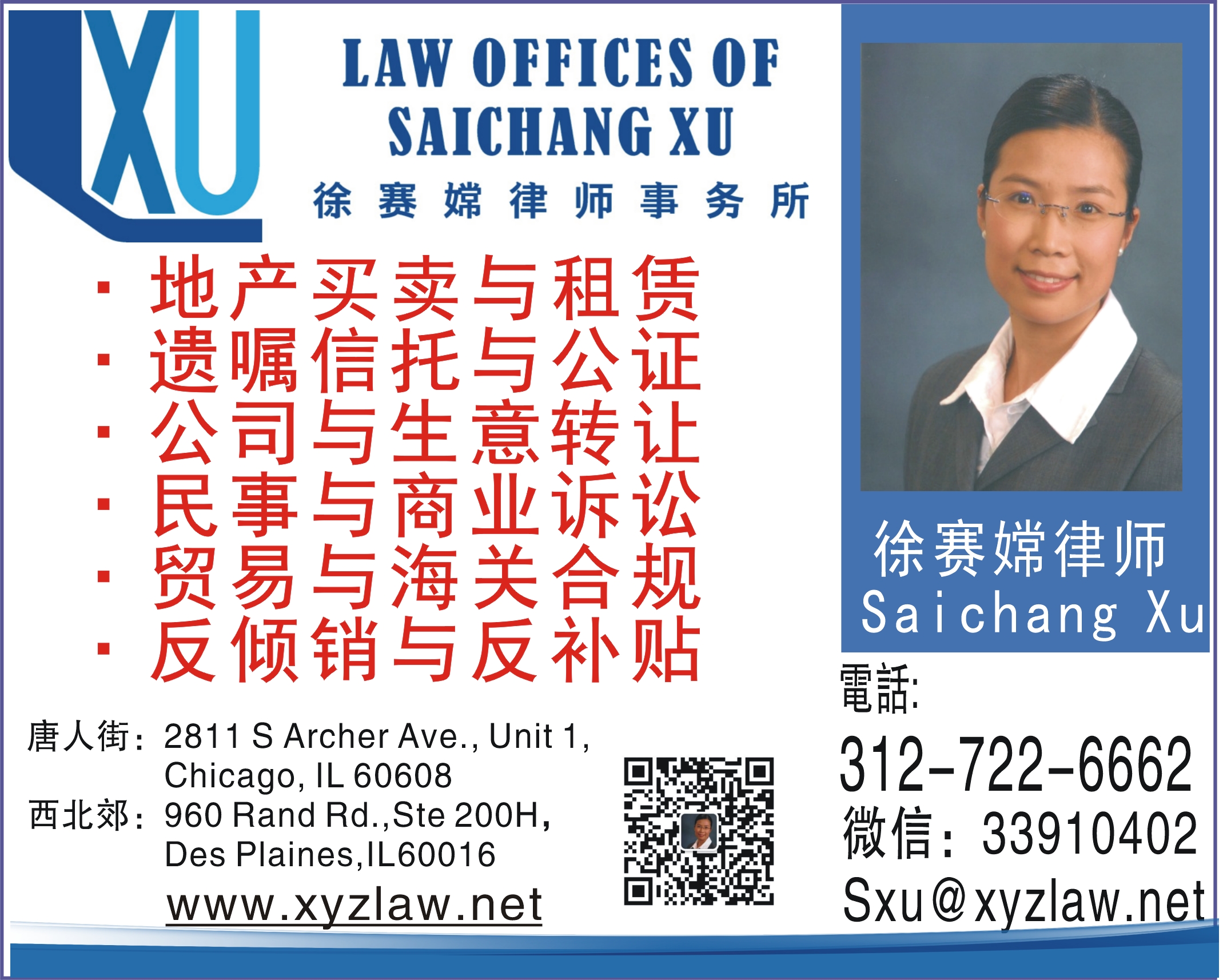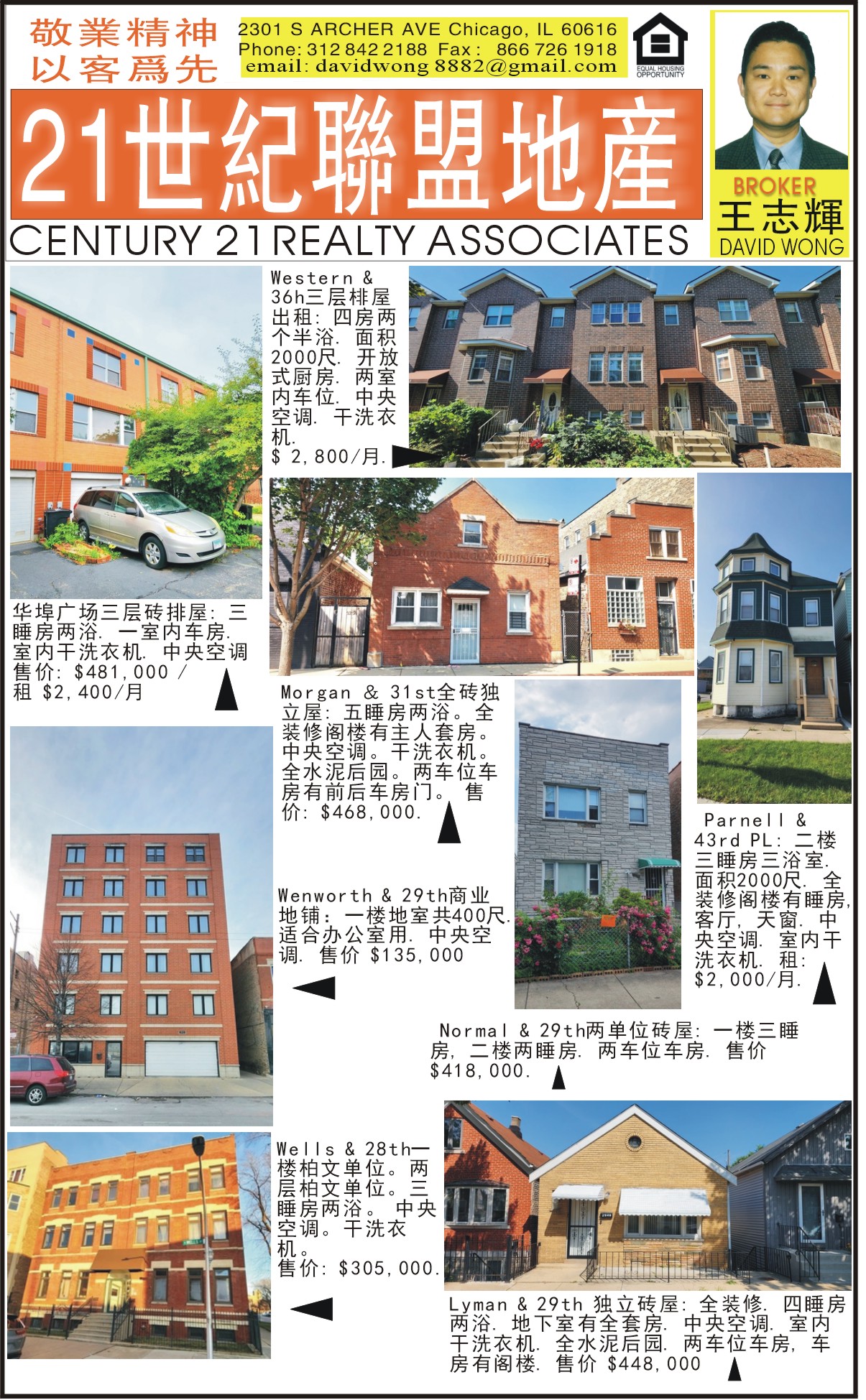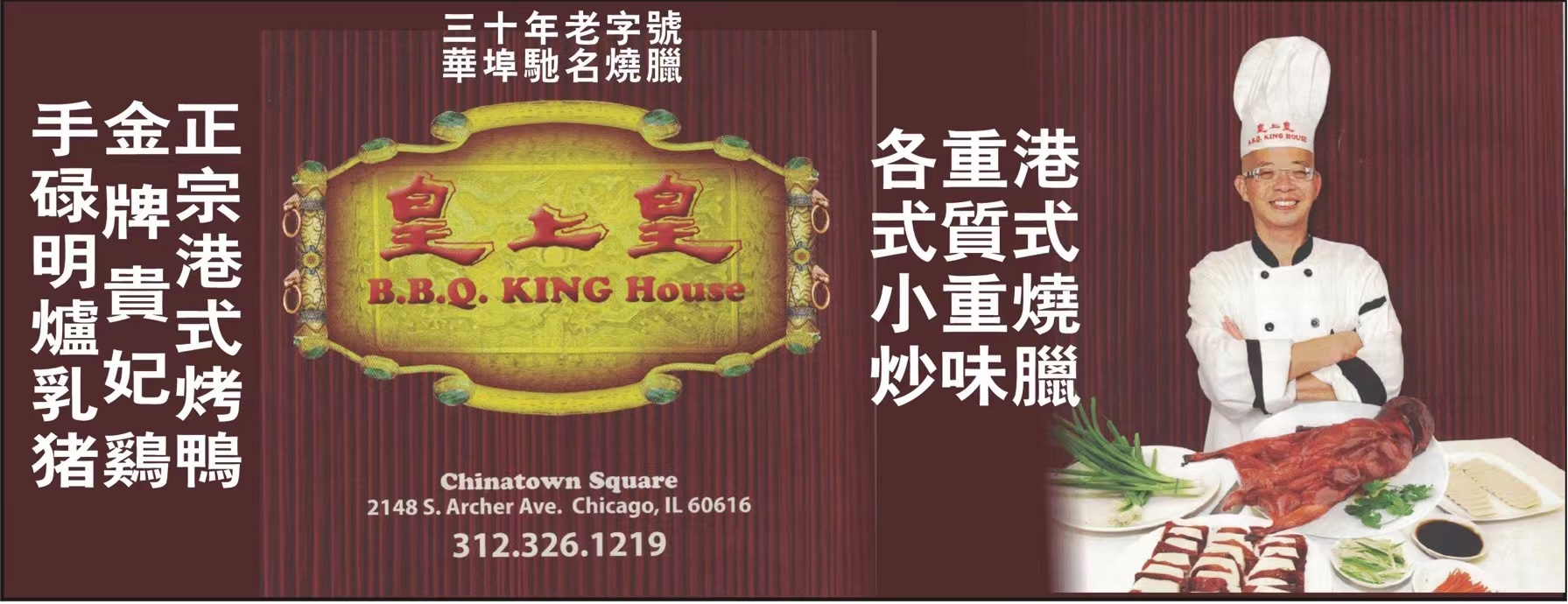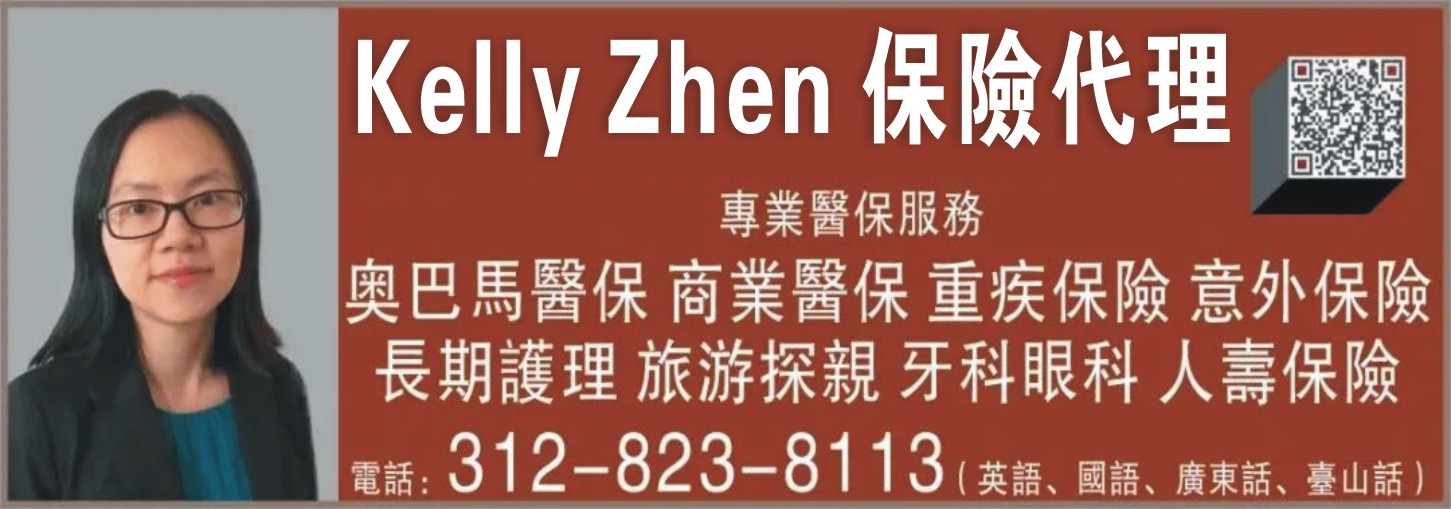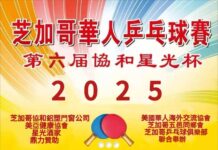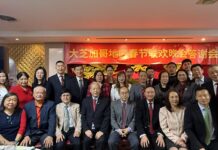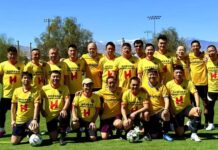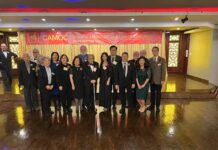王飞教授对伊利诺大学对其指控的公开声明
声明中文翻译
2018年12月18日
伊利诺大学作为美国联邦科研基金的接受者,根据联邦法律规定必须使用独立调查小组以对王飞博士的指控进行公正调查,从而确定学术不当行为是否发生,并由此来保护被调查的研究人员,大学本身以及公众利益。
伊利诺大学没有这么做。
相反,它纵容其研究诚信官(Research Integrity Officer:“RIO”),Howard Guenther,伪造针对王博士的调查报告,并编造证据以图证明王博士的不当行为。该大学的调查小组从未独立调查针对王博士在NIH 科研基金的所谓不当行为的指控。相反,伊利诺大学允许Howard Guenther用自己得出的结论,而从没有对NIH基金的指控主动质询王博士以及参与NIH基金研究的有关科研人员,这些指控现在构成了伊利诺大学董事会(“BOT”)终止王博士任职的基础。
伊利诺大学董事会(“BOT”)援引对王博士调查的多个阶段以试图掩盖其调查过程的大量的根本性错误,伊利诺大学董事会不愿意提到的是董事会本身以及之前的学术自由和任期委员会(“ CAFT“)都依赖起始研究小组的调查结果。
关于NSF科研基金的调查,伊利诺大学依靠某一学生的指控,在该学生已经承认在涉及雅培(ABBOTT)实验室资助的研究中(在王博士不知情的情况下)造假,仍然被校方作为其对王博士研究不端指控的来源。伊利诺大学不允许王博士获取证据来质疑学生的指控,并且在王博士证明该学生而不是王博士在其文章中有研究不端行为之后,没有对学生采取任何行动。在伊利诺大学的支持下该学生继续发表研究报告,并在毕业后继续从事研究科学工作。
伊利诺大学在其RIO Howard Guenther的授权下,在调查王博士的所谓的研究不端行为时,严重漠视学校自己制定的政策规则,违反美国联邦法律,以及其保护公众的义务。调查缺陷包括但不限于:未能独立调查针对王博士的指控,未提供指控通知,以及从未考虑王博士提供的大量证据。
伊利诺大学在以往研究不端行为调查中,不遵循自己的规则和联邦法律,有着糟糕的记录。对王博士调查中所显示的对自己政策和联邦法律的漠视并不是第一次,而是一贯展现的模式。 Kalev Leetaru,前伊利诺大学研究生,于2013年在伊利诺州法院向伊利诺大学和也是当时的大学研究诚信官Howard Guenther提起诉讼,诉讼原因是因为Howard Guenther在对Leetaru先生的研究不端指控的调查中违背了伊利诺大学自己规定的政策规则。在该诉讼于2015年4月结束后,Howard Guenther被伊利诺大学置于“病休”。
王博士从未有过研究不端行为。与BOT的指控相反,王博士从未在调查的任何部分中以书面或口头方式承认有研究不端行为。伊利诺大学所谓的王博士承认“假造”研究结果的说法是错误的。相反,王博士向CAFT和BOT提供了NIH基金申请中的所有实验依据。
值得注意的是,王博士于2014年7月在没有事先通知及随后没有举行听证的情况下,被大学暂停职务,此举公然违反了伊利诺大学校规和美国大学教授协会(AAUP)的规定。在停职后,王博士无法进入他的办公室,无法使用他所有的大学电子账户,接触研究记录和潜在的证人,从而严重损害了王博士针对他的指控进行辩护的能力。
2018年11月13日,王博士向伊利诺州北区美国联邦法院提起诉讼,向法院陈述了伊利诺大学在调查期间所存在的程序缺陷和实质性问题。王博士随后在2018年11月16日的伊利诺大学BOT听证会上提出了这些问题。然而BOT没有解决王博士所提出的问题的意愿,而继续依赖于调查组的调查结果,并终止王博士的任职。
美国联邦机和伊利诺大学的对研究不端有严格的定义,为 “故意地,有意视地或鲁莽地”假造,伪造或抄袭研究成果。在对王博士的调查过程中,调查小组共审查了王博士发表的7篇科研文章,12篇科研基金申请材料,2项专利和6篇研究报告。在王博士的文章,专利或研究报告中均未发现任何研究不端行为。在被指控为研究不端行为的4个错误(NIH科研申请中3个,在NSF申请中1个),没有一项错误是故意的,有意视的或鲁莽的。没有一项错误改变了相关实验的结论,更谈不上改变基金申请的总体结论和目标。这些无意的错误不构成研究不端行为。
与BOT对王博士学生指导的指控相反,王博士此前曾在伊利诺大学获得多项教学和指导奖,并受到了他的同事,他所在小组的培训者以及其他学生的广泛赞誉。
声明英文原文
December 18. 2018
The University of Illinois, as a recipient of federal funding, was required to conduct an unbiased investigation of allegations against Dr. Fei Wang using an independent investigation team pursuant to federal guidelines to determine if any misconduct occurred and by whom in order to protect the researcher Dr. Wang, the University and the public at large.
It did not.
Instead, it allowed its Research Integrity Officer (“RIO”), Howard Guenther, to falsify its investigation report and to make up alleged corroborating evidence of misconduct against Dr. Wang. The University’s investigation team never independently investigated all of the charges of misconduct against Dr. Wang related to the NIH grant application that it used as a basis for terminating his academic tenure. Rather, the University allowed its RIO Howard Guenther to draw his own conclusions without actively questioning either Dr. Wang or any of the research scientists involved in the NIH research about all of the NIH allegations that now form the basis for the BOT’s termination decision.
The Board of Trustees decision attempts to skip over the fundamental flaws in the University’s alleged “investigation” by citing to the multiple stages of process provided to Dr. Wang without making clear that the Committee on Academic Freedom and Tenure (“CAFT”) and the BOT both relied upon the findings of the initial investigation during their proceedings.
With regards to the NSF grant at issue, the University relied upon a student who admitted to fabricating data in research involving an Abbott Laboratories grant (without Dr. Wang’s knowledge) as its source for claiming research misconduct against Dr. Wang. The University did not allow Dr. Wang access to evidence to challenge the student’s accusations and did not take any action against the student after Dr. Wang was able to demonstrate that the student, not Dr. Wang, committed research misconduct in his own manuscript. The student proceeded to publish research with the University’s support related to that same manuscript and now is believed to be actively working as a research scientist after graduating from the University of Illinois.
The University of Illinois showed a gross disregard for its own policy, federal laws and its duty to protect the public while conducting Dr. Wang’s research misconduct investigation under the authority of its Research Integrity Officer, Howard Guenther. The deficiencies include, but are not limited to, failure to independently investigate the claims against Dr. Wang, failure to provide notice of allegations and failure to consider the large amount of evidence Dr. Wang provided to refute claims of misconduct during the investigation process.
The University of Illinois has an abysmal track record in following its own rules and Federal laws in research misconduct investigations. Dr. Wang’s investigation is not the first research misconduct investigation in which the University has failed to follow its Integrity Policy but rather another example of an institutional pattern of disregard for University Policy and Federal law. Kalev Leetaru, a former University of Illinois graduate student, filed a lawsuit in the Illinois courts in 2013 against the University of Illinois and Howard Guenther – then University Research Integrity Officer (RIO) – for not following the University’s own policy in a research misconduct proceeding against Mr. Leetaru. After the lawsuit was concluded in April 2015, Howard Guenther was placed on “medical leave” by the University.
Notwithstanding the Board of Trustee’s decision, Dr. Wang never admitted to have committed research misconduct, either in writing, or orally, during any part of the Investigation. The University’s statement that Dr. Wang admitted to “making up” research is false. In contrast to the statement that he allegedly admitted to have “made up” data in the NIH grant application, Dr. Wang presented evidence for all the experiments presented in the NIH grant application to both the CAFT and BOT. Dr. Wang never committed research misconduct.
It is worth noting that Dr. Wang was suspended by the University in July 2014 without prior notice and without immediate hearing, in flagrant violation of the University of Illinois Statutes and the policy of American Association of University Professors (AAUP). As a result of the suspension, Dr. Wang was denied access to his office, all his university electronic accounts, research records and potential witnesses, thereby severely compromising his ability to defend himself against the allegations.
On November 13, 2018, Dr. Wang filed a complaint against the University of Illinois in the Federal courts of the Northern District of Illinois outlining the due process deficiencies and some of the substantive defects during the investigation. Dr. Wang subsequently presented these deficiencies at the hearing with the Board of Trustees (BOT) of the University of Illinois on November 16, 2018. None of the deficiencies have been addressed by the BOT in its decision even though the BOT continues to rely upon the findings of the investigation to support its decision to terminate.
Federal and University standards require an individual to “fabricate, falsify or plagiarize” research “intentionally, knowingly or recklessly” for it to be considered research misconduct. During the course of investigation, the Investigation Panel examined 7 publications, 12 grant applications, 2 patent disclosures and 6 research presentations related to Dr. Wang’s research. No instances of research misconduct were identified on Dr. Wang’s part for any of the manuscripts, patent disclosures or research presentations. With respect to the 4 errors (3 in the NIH application and 1 in the NSF CAREER application) alleged by the University as research misconduct, none of the errors were made intentionally, knowingly or recklessly, nor did they change the conclusion of the related experiment or the overall aims and scopes of the grant applications. These honest mistakes do not constitute research misconduct.
In contrast to the mentorship issues alleged against Dr. Wang in the BOT report, Dr. Wang has been widely praised by his colleagues, the trainees in his group as well as students outside his group at the University of Illinois as an outstanding mentor. Dr. Wang has previously been awarded multiple teaching and mentorship awards while at the University.
